Omar Sharif Jr. recently gave a speech at the 2016 Oslo Freedom Forum, a global platform for human rights defenders to share their stories. When he came out in a 2012 letter published in The Advocate, Sharif directly confronted the homophobia in his home country of Egypt. "This part of me was something I kept hidden because it was something that didn't fit into the Egypt I knew, the Egypt that scoffed at human rights and persecuted people who were different," he explains.
It's challenging for people living outside of Egypt to comprehend the level of fame surrounding the Sharif family name. "I was often referred to as Egypt's favorite son," says Sharif. "Growing up a Sharif in Egypt is almost like being born a Kennedy." Sharif's grandfather was the legendary Doctor Zhivago on screen, and his entire family was diligently kept in the public's eye. But celebrity status in a conservative country proved to be immensely stressful.
"As I gay man I felt isolated and lonely, and I felt like I didn't have a place in my own country. Maybe the only force of solace I felt came from Hollywood films and TV shows...They taught me being different isn't bad."
Sharif soon came to an internal resolution: "I was given a voice, but with that voice was a responsibility to do good."
That's when he decided to write his coming out letter, which quickly went viral wordwide and shook Egypt and the Middle East. "I hesitantly confess: I am Egyptian, I am half Jewish, and I am gay," Sharif wrote. "Will being Egyptian, half Jewish, and gay forever remain mutually exclusive identities? Are they identities to be hidden?"
As expected, Sharif faced tremendous backlash. "I was being inundated with hateful messages from all over. It was impossible to know what threats were real. They were so constant and so extreme that one thing became immediately clear: It would be a while, if ever, that I would get to go home. I still haven't been home. Not even to bury my beloved grandparents. I had suicidal thoughts. But almost worst, I nearly convinced myself that I should have never [sent my letter]."
Sharif pauses. "But then something wonderful happened." Amidst the death threats and shaming, Sharif began to receive moving words of support, appreciation, affirmation that his decision to publicly come out was an inspiration to LGBT people in his country and around the world. "I realized my story could make others feel less alone."
It was during this time that Sharif became increasingly vocal in the LGBT community, pushing for better human rights and partnering with various advocacy groups. Nearly one year ago, Sharif made another historic move: He was interviewed on an Arabic TV news program, an appearance which was hailed as the first time many people in the Arab world heard directly from an openly gay person.
Though LGBT rights are constantly progressing, they are also taking steps backwards. "In Egypt the situation has regressed," says Sharif. "Every day I receive messages from LGBT youth who find it difficult to go on, to find the courage to survive another day."
Hope and community, however, are two elements we must never overlook. Sharif ends his talk with this powerful notion.
"In Egypt, silence feels like the only option. But it's not the only option. If my story can inspire others, their story can inspire others. Stories hold incredible power. We have a connected world, and with the power of new media, power has been dispersed to all of us to share our stories, to create change, and to accelerate acceptance. My story is just one of many millions. But that doesn't make it small, that's what makes it huge. We're not alone, and together--with our stories--we can inspire millions of others."
Watch Sharif's full speech below:
Sharif will appear tonight at the United Nations to moderate a panel on LGBT issues in the Middle East during a United Nations screening of Logo Documentary Films' Out of Iraq, which airs Monday, June 13 at 9pm ET on Logo.
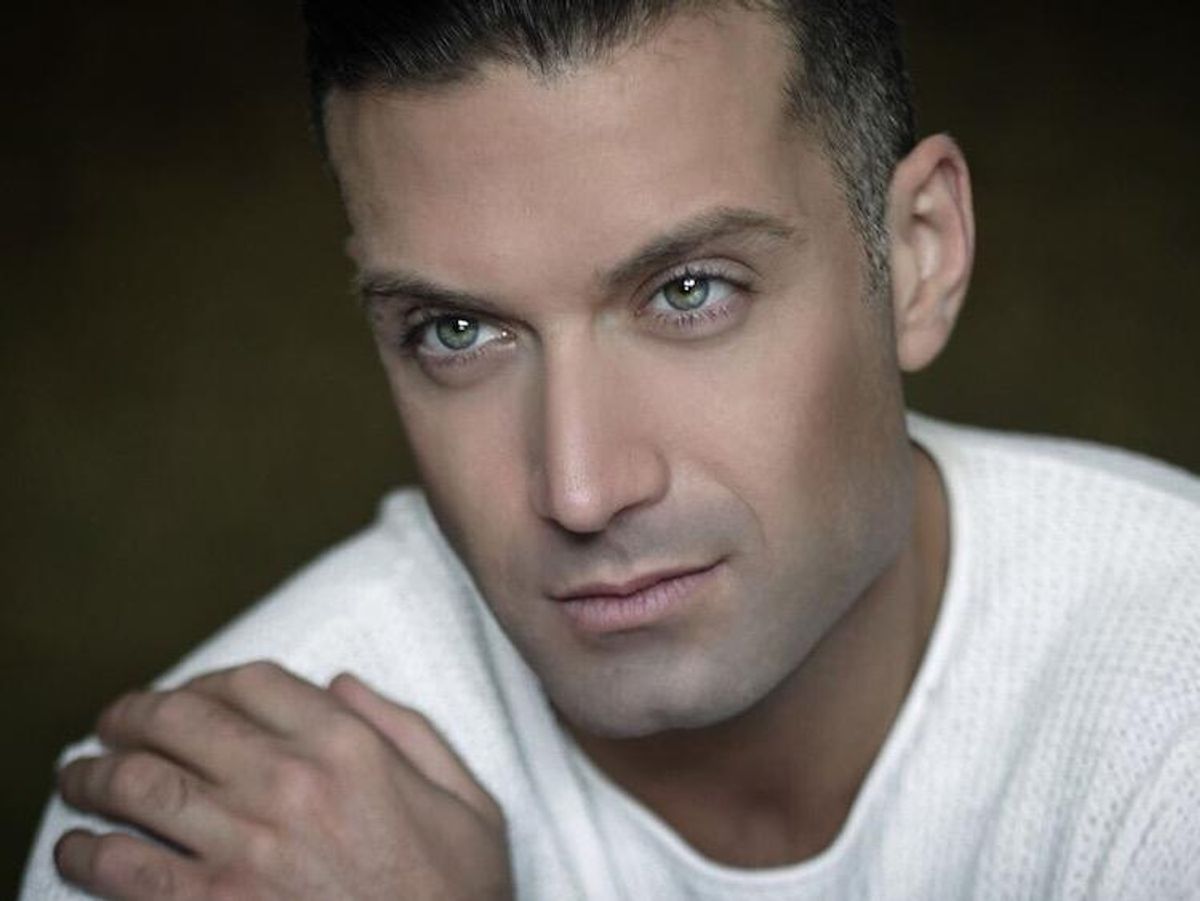


















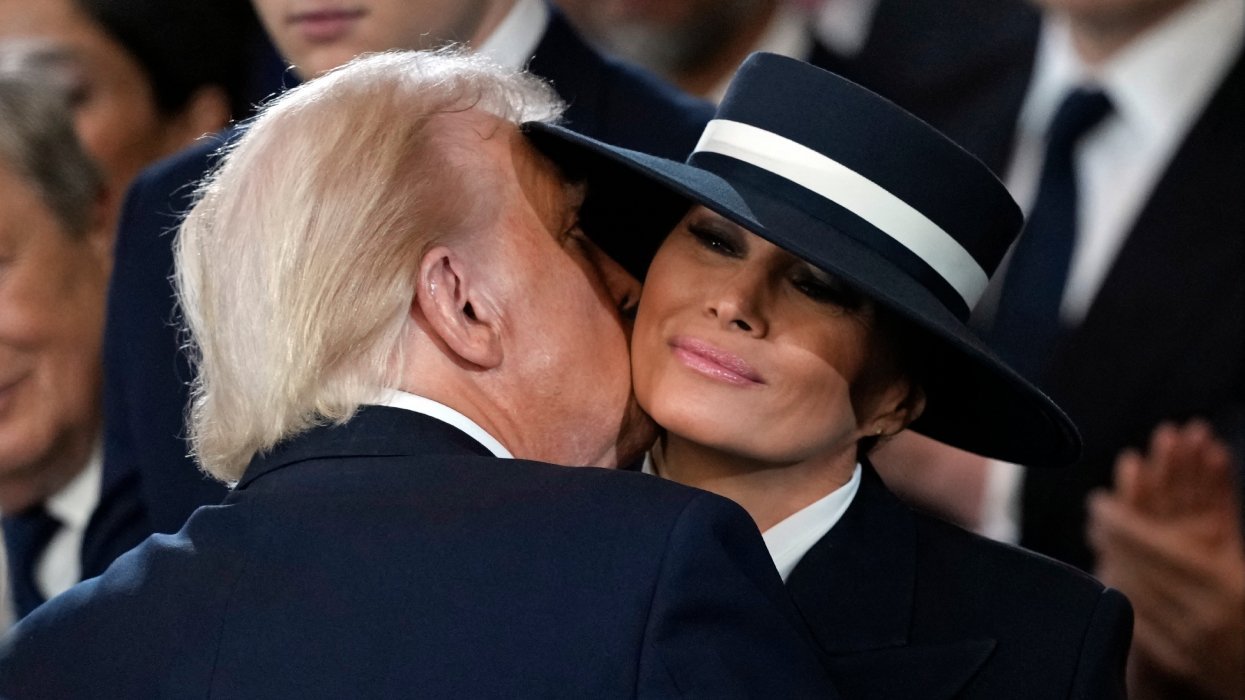


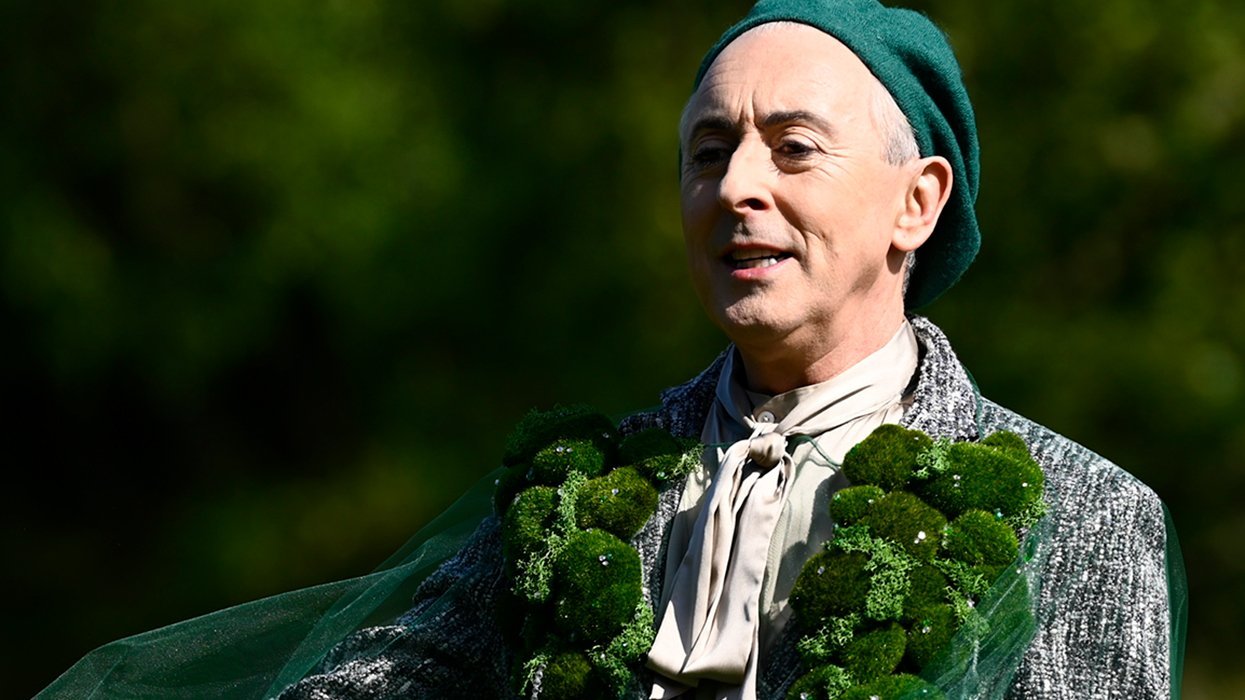

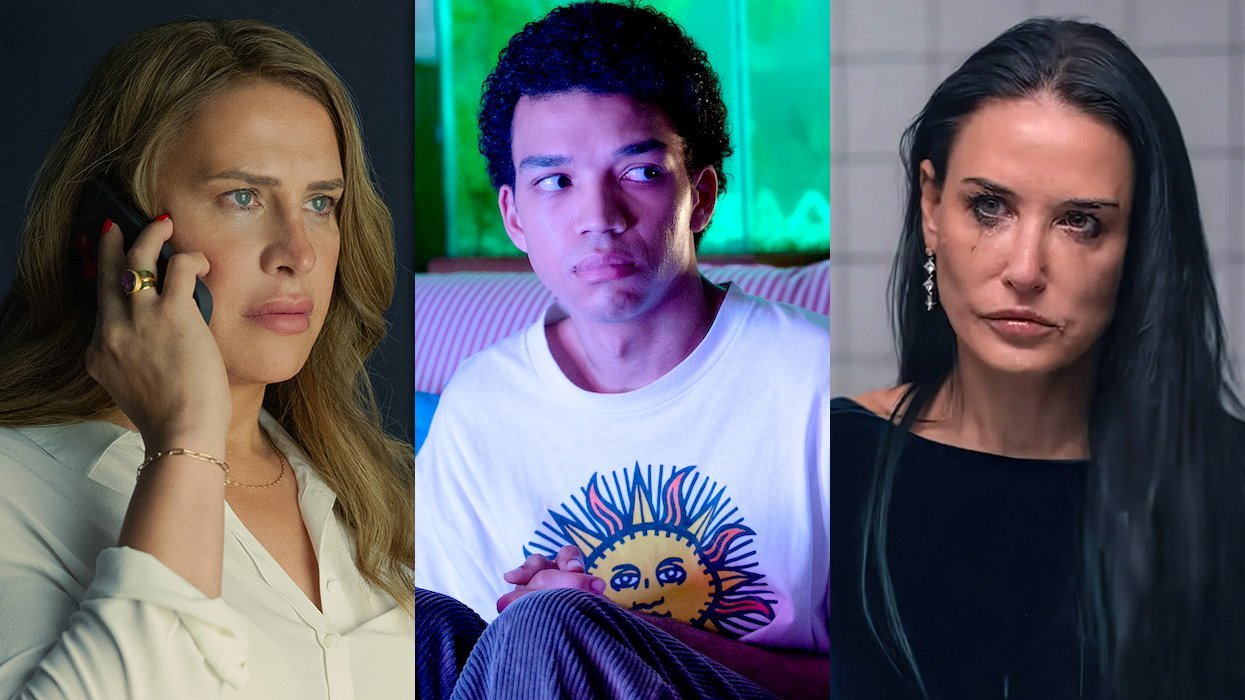
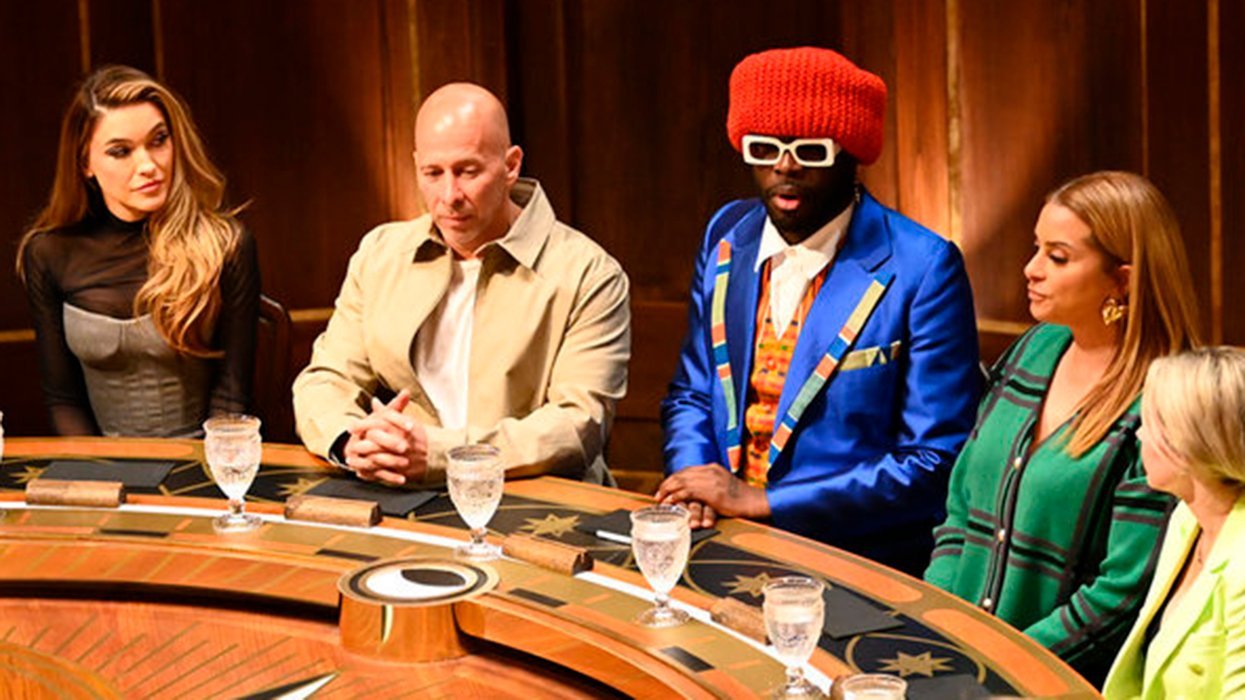

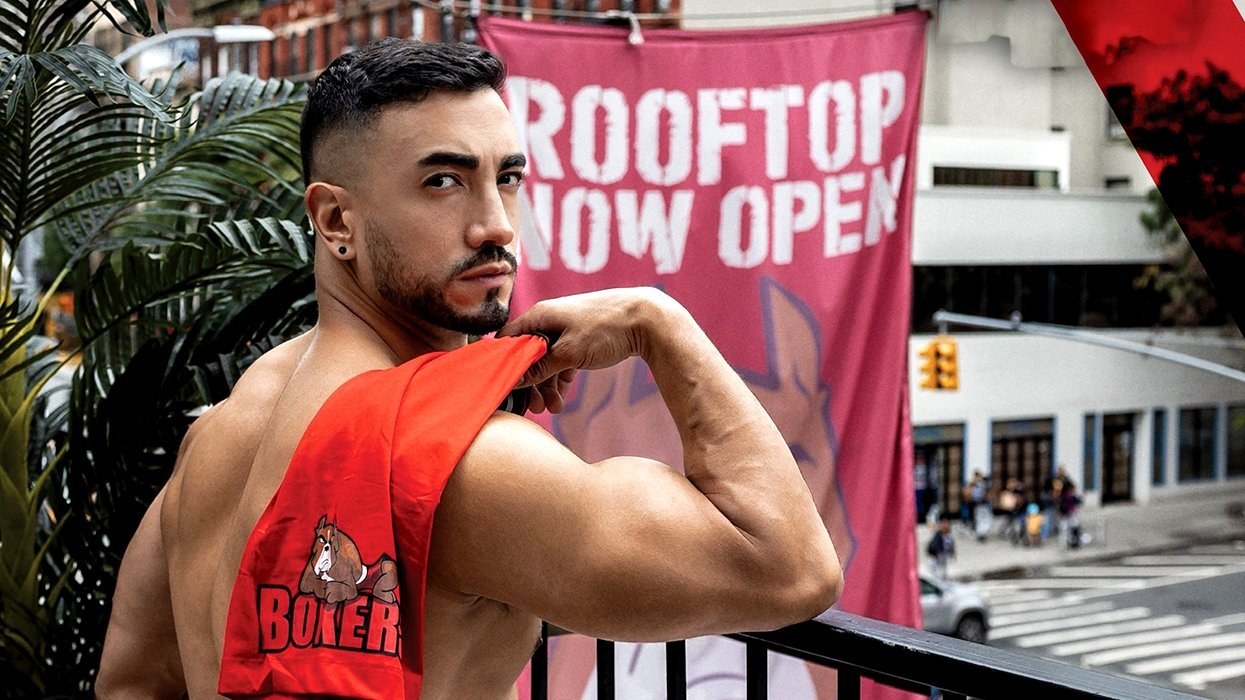
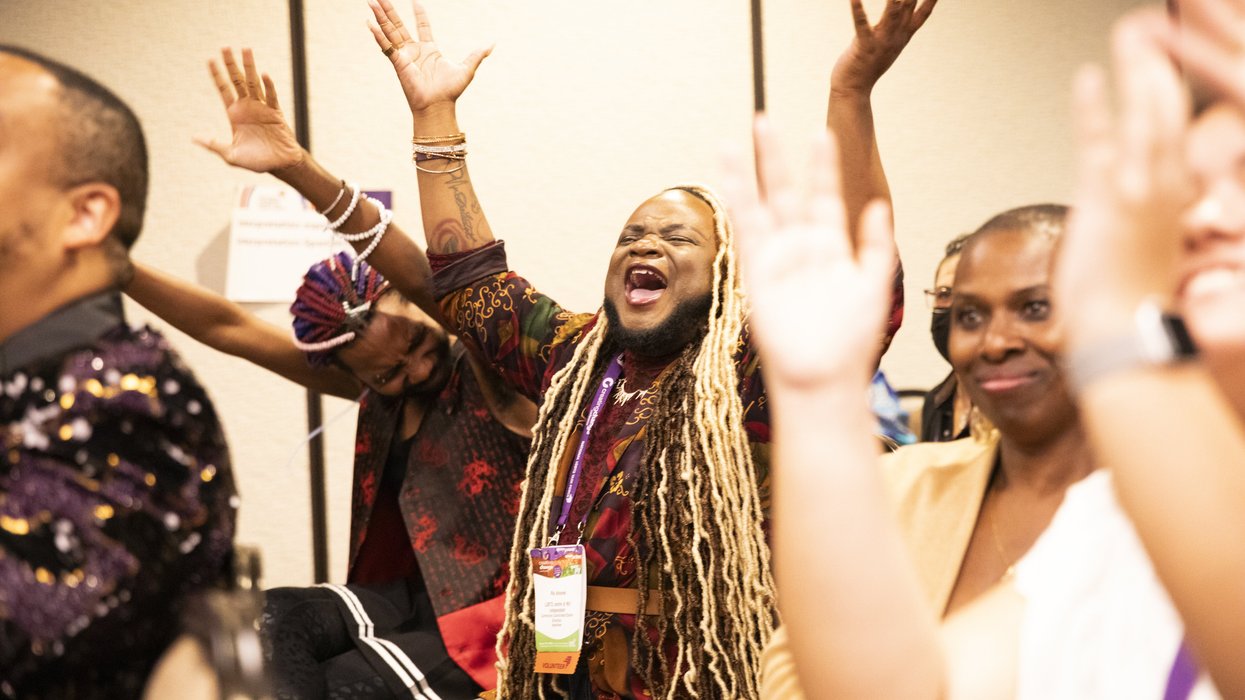
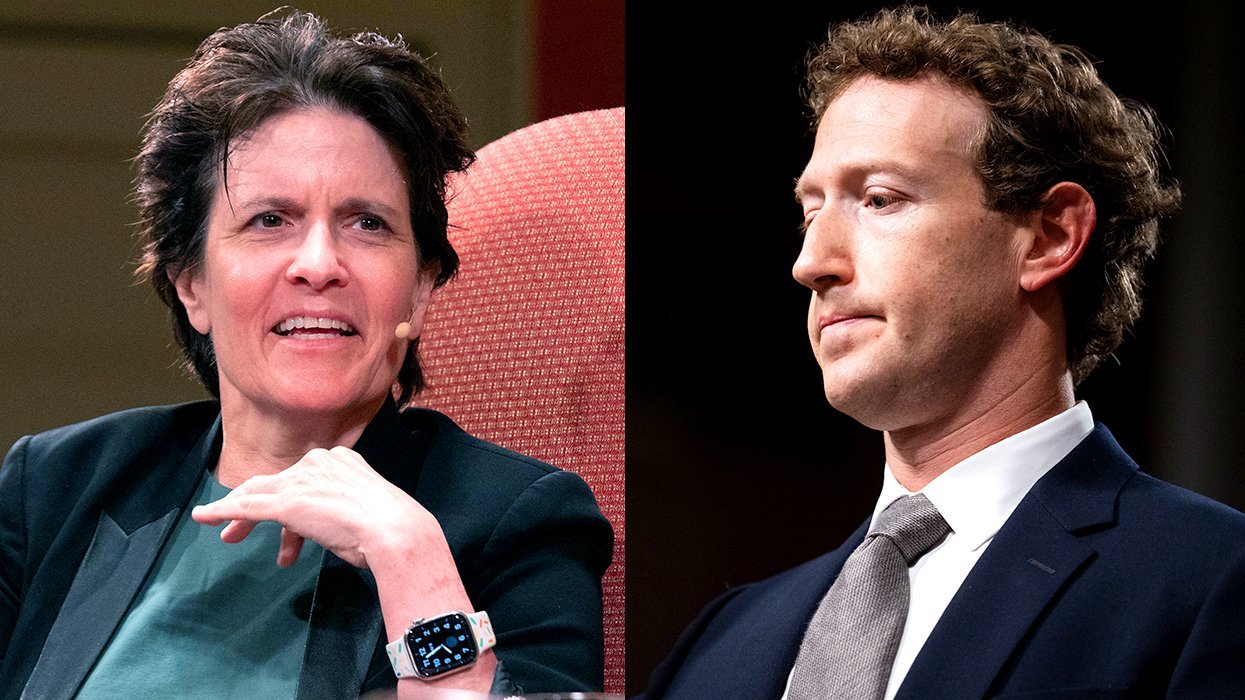
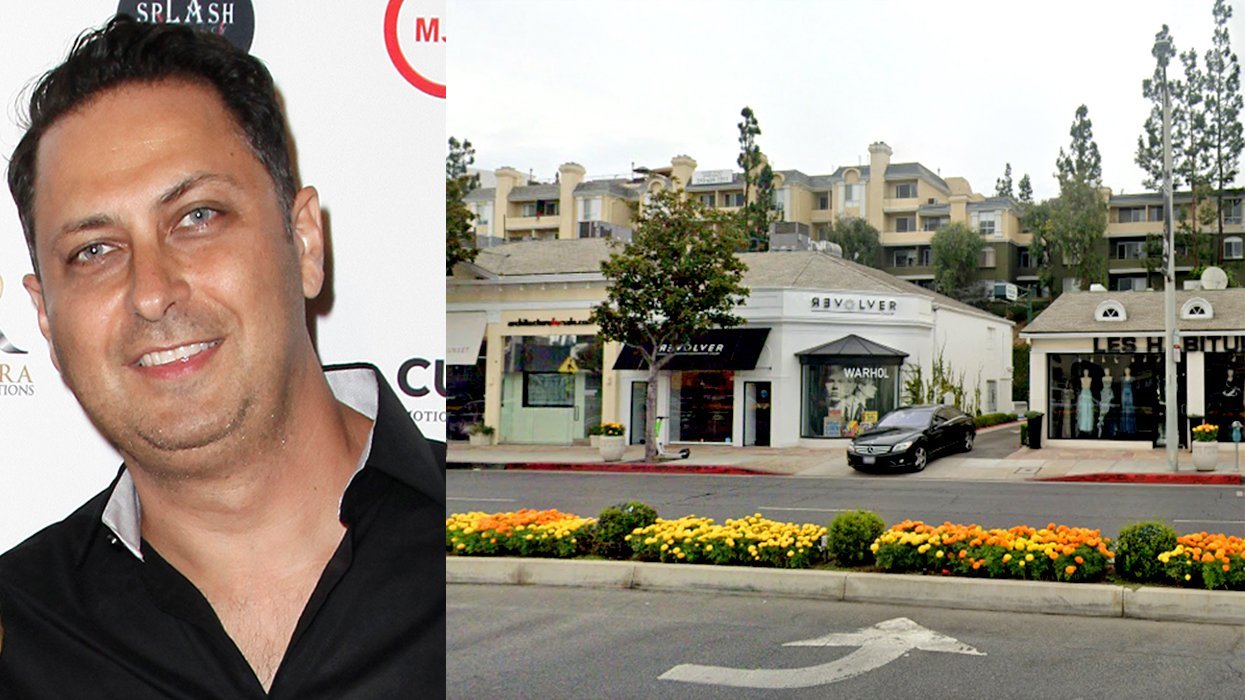
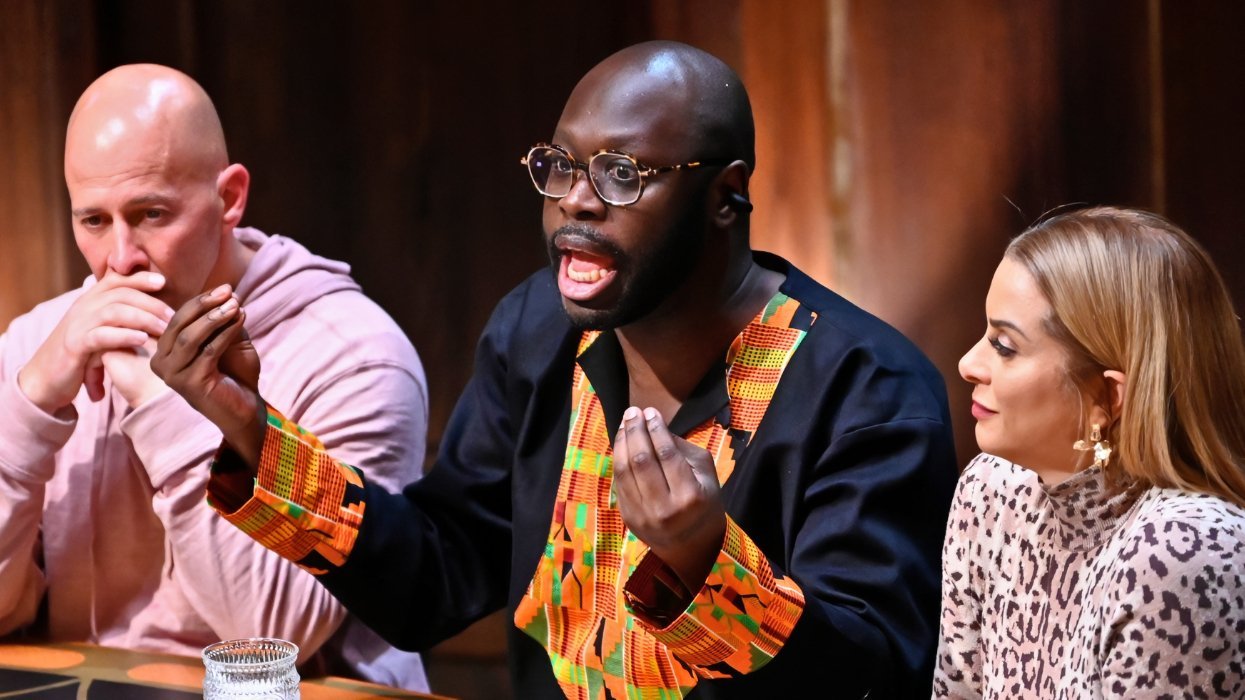
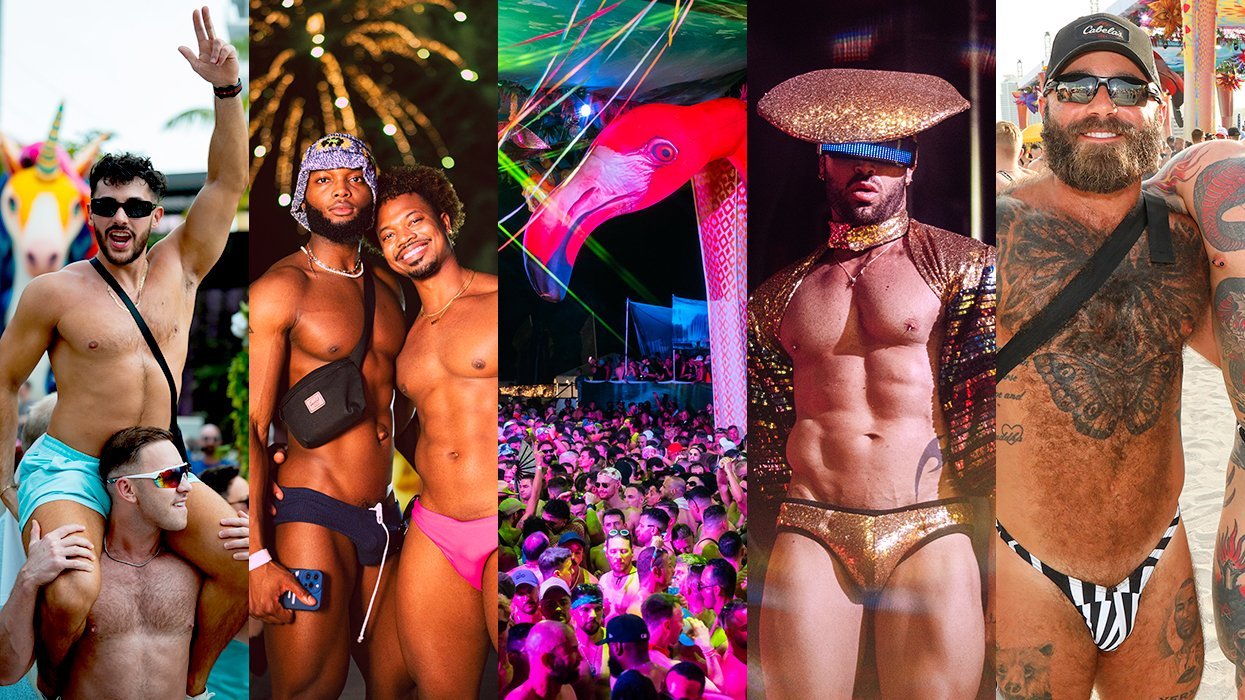

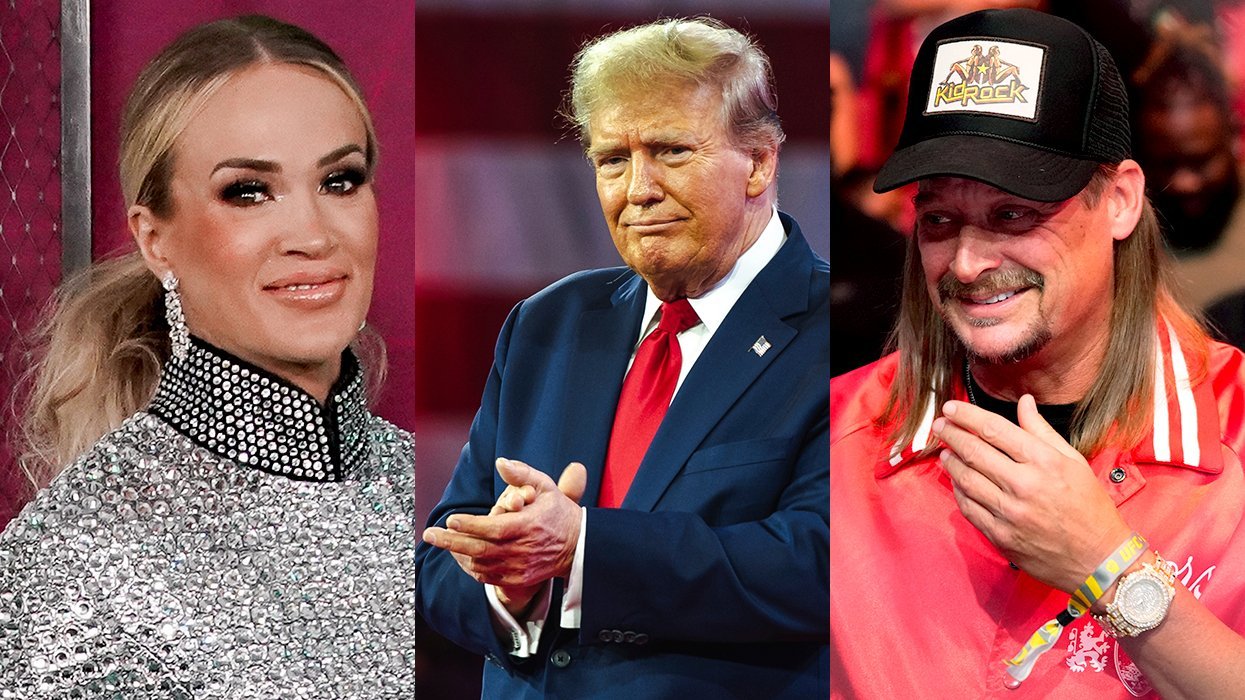
















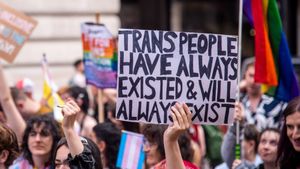

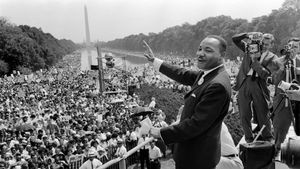




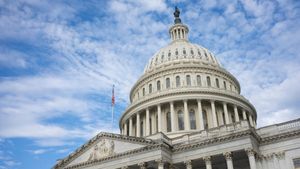

























Beware of the Straightors: 'The Traitors' bros vs. the women and gays